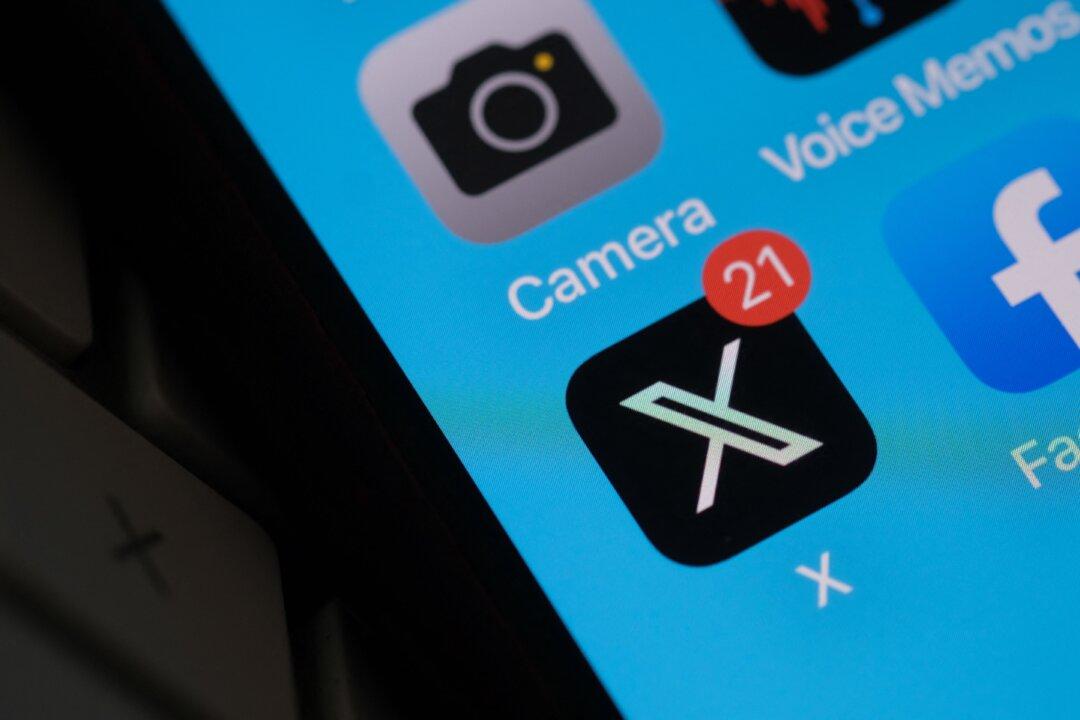X is going to allow political advertising in the United States from candidates and political parties, the social media company announced on Aug. 29.
“During elections, X works to get in front of a range of tactics that people use to target the process,” the Elon Musk-owned company said in a blog post. “To do this we hire the right people, update our policies and evolve our product.”





